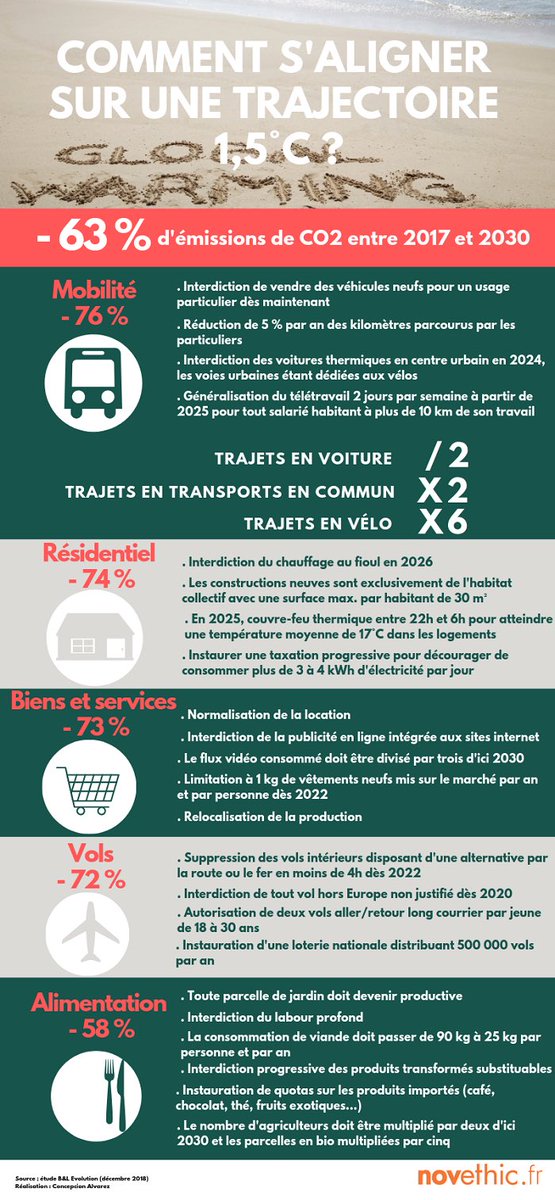Have been thinking a bit about this recently following twitter exchanges with @Andy__Buck + @SimonKnight100, chats with @head_teach + @KLMorgan_2 & after reading really good blogs by @johntomsett + @bennewmark in the last week.
/1
🔻
/2
But this acceptance that leaders are people who are able to 'lead change' ignores the fundamental question:
What is it you are trying to change?
/3
/4
I think you need different expertise. More specific.
/5
Change means 'to make something different' - regardless of whether it's better or not whereas improvement requires us to make something better.
/6
Not surface level quick fixes but properly better.
Improvement for keeps.
/7
Her thesis is that there is too much change in schools, little of which is effective.
cc. @RobinsonViviane
amazon.co.uk/Reduce-Change-…
/8
Summary of these arguments here: uacel.ac.nz/article/reduce…
/9
'I think it is time to stop talking about change and innovation and to focus on the far more ambitious goal of achieving improvement.'
/10

Have written a bit about this here:
/11
ambition.org.uk/blog/helping-l…
If you wanted to improve maths in your school, would you turn to someone who knew how to 'manage change' or would you prefer to call on the expertise of someone like @EmathsUK?
/12
/13
etc. etc.
/14
bennewmark.wordpress.com/2019/11/21/mis…
/15
'Devolving decision making to the lowest possible level can work very well because it is sensible to give as much autonomy as you can to those actually wrestling with the problem.'
/16
/17
/18
/19
1. Think of improvement not change.
2. Expertise in the area of improvement (domain-specific) is more important than knowing about theories of 'change' (generic).
3. Let the people with the most relevant expertise drive the decisions.
4. Read more @RobinsonViviane.
/20









